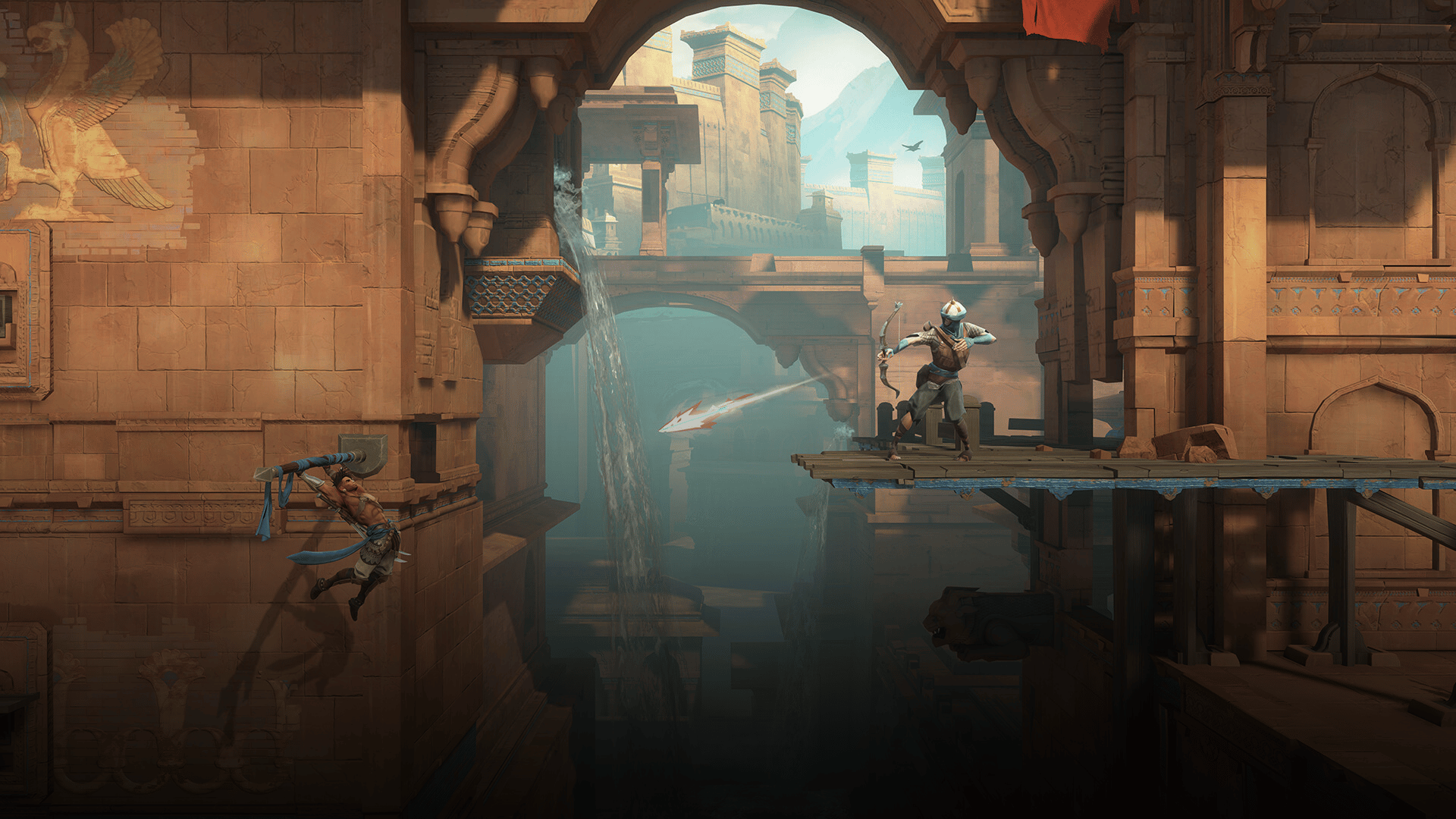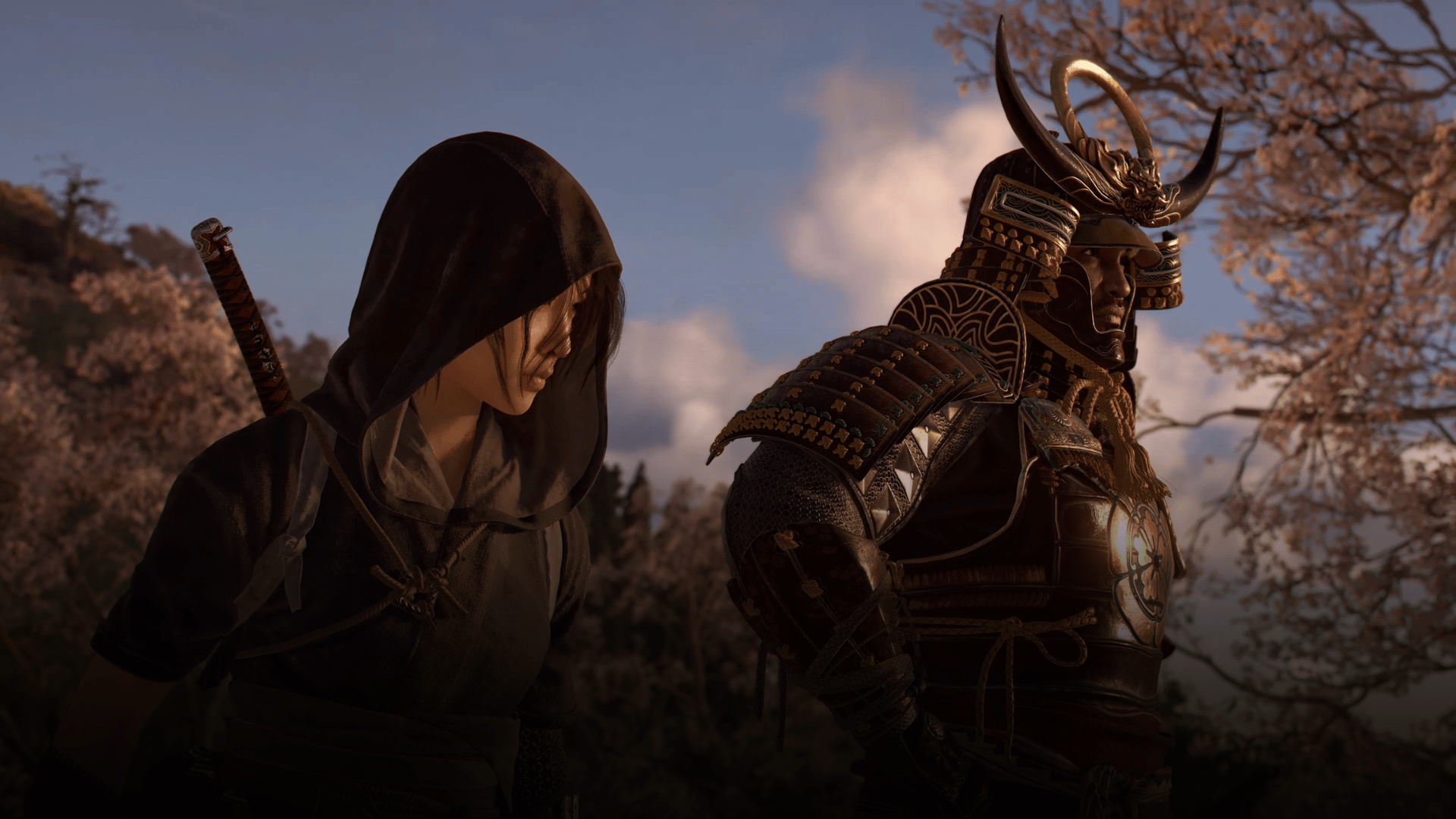The Prince of Persia Remake Could Help Ubisoft Regain Its Failing Stride
Revisiting the Prince of Persia trilogy via remakes could be a great idea for Ubisoft, reminding its haters about why it rose to greatness in the first place.
- With a remake of Prince of Persia: The Sands of Time slated for a 2026 release, Ubisoft may want to examine the possibility of bringing its popular franchise to the current generation of gamers.
- With each title in the original trilogy being successful in its own right, the franchise could be a great way for Ubisoft to balance the old and new for an experience that recaptures its past glory.
- Visual upgrades and meaningful additions to an innovative combat system could work very well for the embattled studio as it attempts to reclaim its lost glory.
It’s a troubled time for Ubisoft, a studio that once stood among the very best in the gaming industry with innovation and passion driving its many projects. However, the studio’s recent troubles and its string of underperforming titles have seen it face a drastic reversal of its fortunes that have placed it in a precarious position with its player base and investors alike.
The studio is desperately trying to fight back with Assassin’s Creed Shadows providing a window of opportunity for it to regain some of the trust it has lost over a turbulent couple of years, taking players to a much-requested trip to ancient Japan in an adventure that brings a samurai and shinobi together as Assassins, taking on the shogunate’s oppression through a feudal system that they aim to dismantle.
Ubisoft Attempts to Rewind the Clock Back to Its Glory Days

While I certainly believe that Ubisoft is shaping up to deliver an excellent experience with Shadows, I wish that the studio could take a leaf out of the Assassin’s book and turn the clock back on its own illustrious history as it explores the possibility of bringing back popular franchises from its past to ensure its future.
While reports of a return to Rayman are certainly pleasing to hear considering that it was among the very first games that I could play back in the day, Ubisoft’s take on an already popular franchise was what drew me to the studio’s extensive work in the first place. That franchise is Prince of Persia, first created by Jordan Mechner with three titles made by other developers that placed the titular Prince in various dangerous situations with mechanics that were quite ahead of their time when they were released.
But Ubisoft’s spin on the Prince’s story in 2003’s Prince of Persia: The Sands of Time introduced a whole new dimension to his adventures, bringing incredible acrobatic skills and combat prowess to the table in a platforming adventure that integrated the titular Sands into its gameplay loop in ways that put the franchise on the map while setting up its two sequels with aplomb.
It is a franchise that Ubisoft can – and must – remake considering the success that other studios are currently enjoying with classics like Dead Rising and Silent Hill 2 being well-received both critically and commercially.
Bringing the Prince to Current-Gen Systems Could Be What Ubisoft Needs

The Sands of Time’s success, along with that of its two sequels is proof enough that Ubisoft should take the effort to bring it to current-gen gaming sooner rather than later. While a remake of the original title is in the works and slated for a 2026 release, that may not be in time to be of any real assistance to a studio that seems to be grasping at strings even as it doubles down on a previously scrapped release schedule for the Assassin’s Creed franchise.
The numbers speak for themselves. Each installment in Ubisoft’s Prince of Persia trilogy has seen incredible success despite Warrior Within’s darker tones inviting some criticism even as its excellent combat received a lot of praise. Personally, the metal fan in me was all for the new tone and grim take on the Prince’s desperate journey to avoid a fate that he unwittingly crafted for himself via events in the first game.
The Two Thrones combined the best of both of its predecessors, tying off the trilogy’s overarching narrative in a satisfying and insightful way, allowing the Prince to ride off into the sunset after casting away his demons and defeating the Vizier once and for all. It was a narrative high that Ubisoft has scarcely managed to replicate, Assassin’s Creed Black Flag being a notable exception.
The current advent of the Soulslike genre is another reason for Ubisoft to consider revisiting Persia with the Prince in tow considering the trilogy’s focus on combat accented by the clever use of the Sands of Time to slow, rewind, or hasten time based on the situation to tear through enemy ranks while its bosses gave many players a hard time back when Hidetaka Miyazaki was yet to rise to prominence in the gaming industry.
Revamping the trilogy’s combat to reflect an increase in the difficulty of combat encounters coupled with the series’ platforming challenges could work very well on current-gen systems, a move that could very well see Ubisoft future-proof a franchise that has withstood the test of time as well as its protagonist. It could also allow Ubisoft to diversify its offerings without needing to rely on Assassin’s Creed as much as it currently does.
Another consideration is the success of Prince of Persia: The Lost Crown, which took the series in a new direction that was well-received by the gaming community at large although its new protagonist was nowhere close to the wit and charm of Yuri Lowenthal’s charismatic take on the character. It proves that there is indeed a market for more Prince of Persia, and bringing back the classic trilogy to enthrall a new generation of gamers could work wonders for Ubisoft if it is able to handle things correctly.
The Prince of Persia trilogy is an opportunity for Ubisoft to remind the gaming world about its ability to craft experiences that stay with its players long after they roll the credits on the adventures it sends them on.
All that remains is for Ubisoft to rewind time to a period of gaming history in which the studio could do no wrong as it went from strength to strength.








